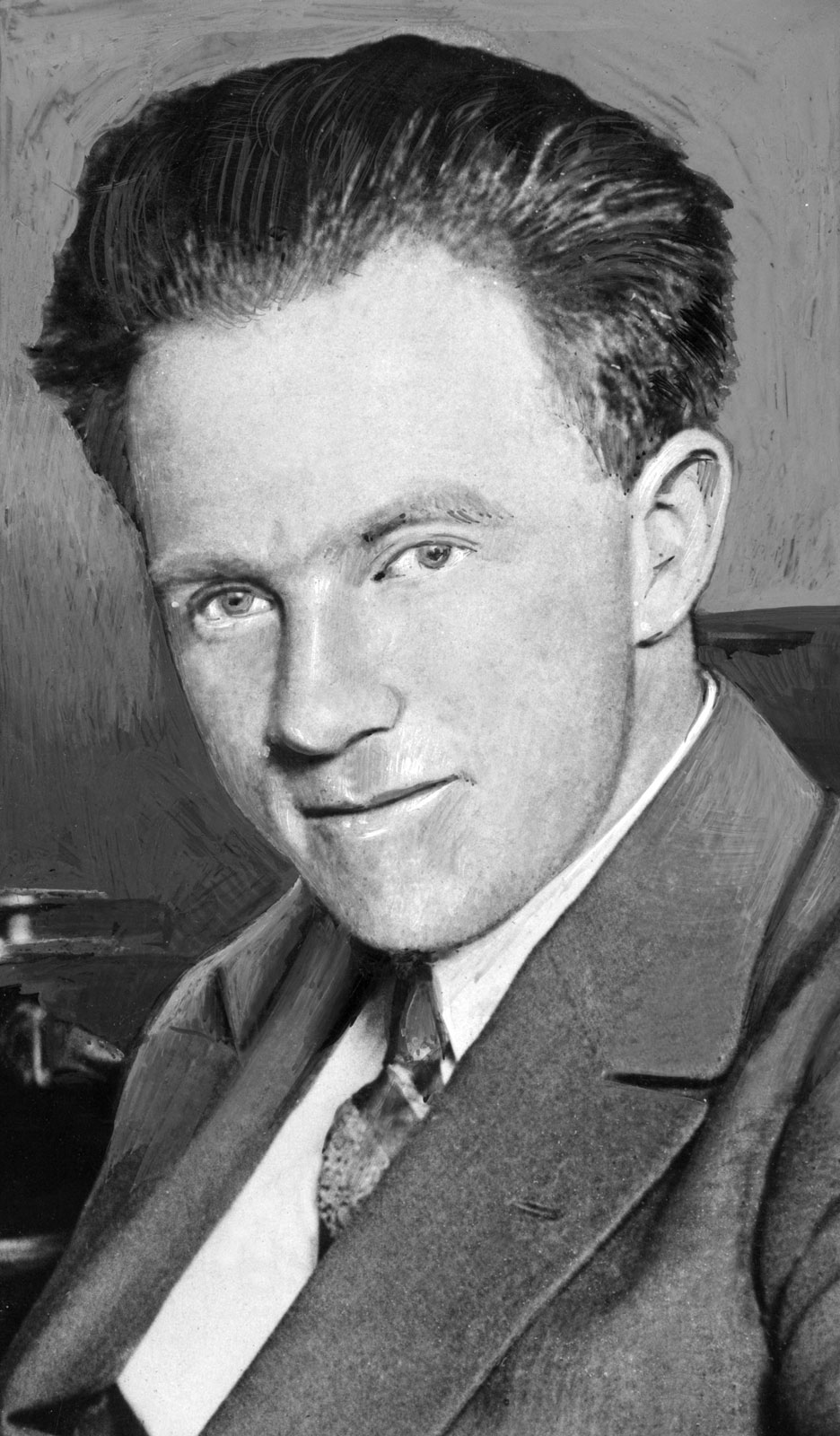Karl Heisenberg, a name that resonates in the halls of physics, is best known for his groundbreaking contributions to quantum mechanics. Born in a time of scientific upheaval, Heisenberg's work not only revolutionized our understanding of the atomic world but also laid the foundation for modern physics. This article delves into the life, theories, and impact of Karl Heisenberg, providing insight into why he remains a pivotal figure in the realm of science.
With a focus on the principles of E-E-A-T (Expertise, Authoritativeness, Trustworthiness) and YMYL (Your Money or Your Life), we aim to present factual, reliable information drawn from credible sources. Join us as we navigate through the fascinating journey of Karl Heisenberg.
Table of Contents
- Early Life and Education
- The Birth of Quantum Mechanics
- Heisenberg's Uncertainty Principle
- Nobel Prize in Physics
- Later Years and Legacy
- Personal Life
- Impact on Modern Science
- Conclusion
Early Life and Education
Karl Heisenberg was born on December 5, 1901, in Würzburg, Germany. Growing up in a scholarly family, he was encouraged to pursue academic excellence. Heisenberg's early interests gravitated towards mathematics and physics, leading him to study at the University of Munich, where he was influenced by prominent physicists such as Arnold Sommerfeld.
Education Journey
At the University of Munich, Heisenberg's dedication to physics blossomed. He graduated in 1923, earning his doctorate under Sommerfeld's guidance. His academic journey was marked by a deep fascination with the newly emerging field of quantum mechanics.
The Birth of Quantum Mechanics
In the early 1920s, the field of quantum mechanics was in its infancy. Heisenberg, alongside contemporaries like Niels Bohr and Max Born, contributed significantly to developing this revolutionary branch of physics. His work aimed to explain the behavior of subatomic particles, which often defied classical physics principles.
Matrix Mechanics
In 1925, Heisenberg formulated Matrix Mechanics, the first complete version of quantum mechanics. This theoretical framework utilized matrices to describe the physical properties of atoms, paving the way for future developments in the field. His innovative approach allowed scientists to predict the outcomes of experiments involving atomic systems.
Heisenberg's Uncertainty Principle
Perhaps Heisenberg's most famous contribution to physics is the Uncertainty Principle, introduced in 1927. This principle states that it is impossible to simultaneously know both the position and momentum of a particle with absolute certainty. This groundbreaking idea challenged traditional views of determinism in physics and opened new avenues for understanding the quantum realm.
Implications of the Uncertainty Principle
- Revolutionized the understanding of particle behavior.
- Highlighted the limitations of classical mechanics.
- Introduced philosophical questions about the nature of reality.
Nobel Prize in Physics
In recognition of his significant contributions to the field of quantum mechanics, Karl Heisenberg was awarded the Nobel Prize in Physics in 1932. This prestigious accolade solidified his status as one of the leading physicists of his time.
Significance of the Nobel Prize
The Nobel Prize not only acknowledged Heisenberg's groundbreaking work but also emphasized the importance of quantum mechanics in shaping modern science. His theories continue to influence various disciplines, including chemistry, materials science, and information technology.
Later Years and Legacy
Following his Nobel Prize achievement, Heisenberg's career continued to flourish. He played a critical role in Germany's nuclear research during World War II. After the war, he shifted his focus to teaching and research, contributing to the establishment of the Max Planck Institute for Physics.
Influence on Future Generations
Heisenberg's legacy extends beyond his scientific achievements. His philosophical reflections on the implications of quantum mechanics have inspired countless thinkers and scientists. His work continues to be a cornerstone in physics education and research.
Personal Life
Karl Heisenberg married Elisabeth Schumacher in 1929, and together they had seven children. Heisenberg's family life was characterized by a balance between his scientific pursuits and personal responsibilities. He remained deeply committed to his family throughout his life.
Values and Beliefs
Heisenberg held strong beliefs in the ethical implications of scientific research. He often emphasized the responsibility of scientists to consider the societal impact of their work, a principle that remains relevant today.
Impact on Modern Science
Heisenberg's contributions to quantum mechanics have had a profound impact on various scientific fields. His work laid the groundwork for technologies that define our modern world, including semiconductors, lasers, and quantum computing.
Enduring Relevance
As we continue to explore the mysteries of the quantum world, Heisenberg's theories serve as a foundation for ongoing research. His insights into the behavior of particles have shaped our understanding of the universe at its most fundamental level.
Conclusion
Karl Heisenberg's journey through the world of physics is a testament to the power of human curiosity and intellect. His groundbreaking contributions to quantum mechanics and the Uncertainty Principle have left an indelible mark on science, inspiring generations of physicists and thinkers. As we reflect on his legacy, let us embrace the spirit of inquiry that Heisenberg embodied.
We invite you to share your thoughts on this article in the comments section below. If you found this exploration of Karl Heisenberg's life and work insightful, consider sharing it with others or exploring our other articles on scientific pioneers.
Thank you for reading, and we hope to see you back here for more engaging content!
You Might Also Like
Brandi Passante's Husband: Unveiling The Life Of A Reality TV Star's PartnerMatthew Perry Young: A Deep Dive Into The Early Life And Career Of The Beloved Actor
Matthew McConaughey's Brother: A Deep Dive Into His Life And Career
Carl Thomas Dean: The Man Behind Dolly Parton’s Success
Carly Jane Leaked: The Truth Behind The Controversy And Its Impact On Social Media
Article Recommendations


